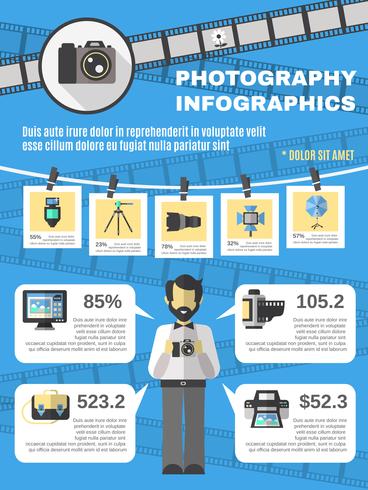Photographers Often Overlook Crucial Fundamentals That Can Impede Their Growth; Find Crucial Suggestions To Raise Your Skills And Avoid Typical Challenges
Photographers Often Overlook Crucial Fundamentals That Can Impede Their Growth; Find Crucial Suggestions To Raise Your Skills And Avoid Typical Challenges
Blog Article
Authored By-Sparks Fenger
As a new photographer, it's very easy to obtain caught up in the allure of premium gear and neglect the essentials that absolutely raise your craft. You might find yourself frustrated when your photos do not mirror the vision you had in mind. Usual mistakes, like ignoring lighting principles or overlooking make-up concepts, can hold you back more than you realize. Yet recognizing these pitfalls can transform your method. Let's explore these blunders and exactly how you can avoid them to improve your digital photography trip.
Ignoring Lights Principles
Ignoring lights basics is one of the most significant errors new photographers make. You may assume that capturing a great picture is everything about your camera settings or the most up to date gear, but the fact is, illumination is critical. Correct illumination can boost your images from mundane to stunning, and understanding it can conserve you from numerous missed chances.
First, focus on all-natural light. The gold hours-- quickly after sunrise and prior to sundown-- use soft, lovely light that enhances your topic. Stay clear of extreme noontime sun, which can cast uncomplimentary darkness. If you're shooting inside your home, place your subject near home windows to benefit from diffused light.
Next off, discover to manipulate fabricated illumination. Try out various sources, like lamps or external flash. Use reflectors to bounce light back onto your topic for a softer result. Don't neglect that shadows can include deepness; welcome them instead of hesitating.
Lastly, practice changing your camera setups according to the lighting problems. Understand just how shutter rate, aperture, and ISO interact to accomplish the desired exposure.
Overemphasizing Equipment
Several brand-new professional photographers fall under the catch of believing that having the most recent and greatest equipment will immediately improve their photography. While it's alluring to think that a higher-end camera or an expensive lens will elevate your work, the fact is that it's not almost the tools you make use of.
Your abilities, creative thinking, and understanding of photography play a much larger duty in generating stunning images. Investing in excellent equipment can be advantageous, yet it should not be your primary emphasis. Rather, concentrate on mastering the essentials-- light, composition, and storytelling.
You can take awesome pictures with a simple camera if you understand how to use it efficiently. Commonly, it's the professional photographer's vision, not the equipment, that makes the distinction.
Furthermore, overemphasizing devices can result in frustration and fatigue. You might find yourself regularly chasing after the next item of equipment rather than refining your craft.
Neglecting Composition Principles
When you grab your cam, it's easy to focus solely on the topic, but disregarding structure concepts can bring about lackluster photos. http://zacherybritney.booklikes.com/post/6567154/necessary-photography-gear-what-you-truly-need-to-begin is the backbone of photography; it overviews the audience's eye and creates a visual narrative. If you ignore it, your spectacular topic may obtain shed in a chaotic structure.
Start by applying the policy of thirds. Visualize https://www.adorama.com/alc/abstract-photography-for-beginners-9-tips-for-capturing-stunning-abstract-images divided into nine equivalent components by two straight and two vertical lines. Setting key elements along these lines or at their crossways for a well balanced and engaging shot.
In addition, take into consideration leading lines. Usage natural lines in your scene to attract the audience's eye towards the subject.
Do not forget about framing. Usage bordering components to develop a "structure within a framework." This strategy can add depth and emphasis to your topic.
Finally, take note of negative space. In some cases, less is extra. Allowing empty space can boost your prime focus and produce a more effective picture.
Final thought
To conclude, by steering clear of these common risks, you can elevate your digital photography skills dramatically. Focus on mastering lights, structure, and exposure instead of getting lost in pricey equipment. Do not underestimate the power of post-processing, either-- it can really transform your photos. Keep in mind to pick the right time of day for capturing, as lights plays an important function in your results. Welcome these pointers, and see your photography flourish!
